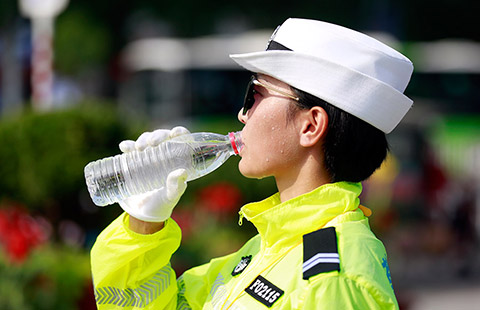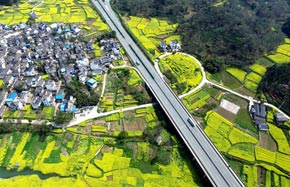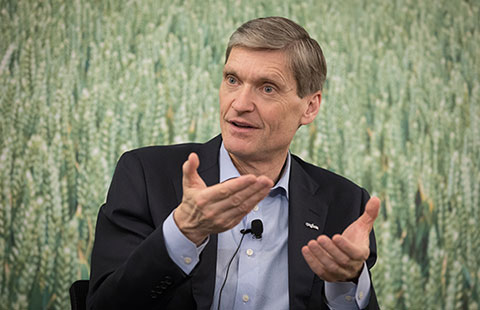Ecolab seeks to expand food biz
Shanghai-based Ecolab China is planning to expand its food safety business from southern China to the northern part of the country as consumption gets upgraded nationwide, presenting new opportunities.
"With the upgrading of consumption, Chinese people have begun to care more about food safety, which brings big opportunities for us," said Wang Tie, executive vice-president of Ecolab Inc, the US-based parent of Ecolab China and a water, hygiene, energy technologies and services provider.
The country's stress on environmental protection and demand for clean energy also brought opportunities for the expansion of Ecolab's China business, he said.
Ecolab China's factories are located in southern and eastern areas of the country. "Food safety is closely linked to the dairy industry. And China's northern region produces most of the dairy products," he said.
So, the company is planning to set up a production base in northern China, but no specific city has yet been shortlisted, he said.
Ecolab's technology platform can monitor every procedure of food and beverage production, control the amount of cleaning water and measure the cleaning effect. Collection of such data can help improve efficiency, reduce the cost of energy and water for different companies, he said.
"Though the growth rate of the Chinese economy has slowed, it's still growing at a moderate pace," he said. "We focus on providing solutions for problems of food safety and shortage of water resources in China, which have both realized a stable and fast growth by now."
The past two years saw double-digit growth in the food safety business in China, he said. And the company's global sales reached $13 billion in 2016.
The parent's market value rose to $36 billion last year, he said.
Ecolab's local unit was set up in 1975. Its cleaning and disinfection methods have been used in most of the five-star restaurants and more than 80 percent of food brands, including McDonald's, KFC and Starbucks in China, Wang said.
The company has identified certain areas to focus on in future, he said. Ecolab China would apply its technical strength to solve difficult problems in waste water treatment, such as the removal of phosphate and heavy metals.
With the World Economic Forum's Summer Davos convention in Dalian in June laying emphasis on the Fourth Industrial Revolution, Ecolab is also eyeing digitalization as a new growth point, Wang said.
The company will set aside $200 million every year for research to explore application of technologies like industrial digitalization, automatic control and big data in food safety.



















